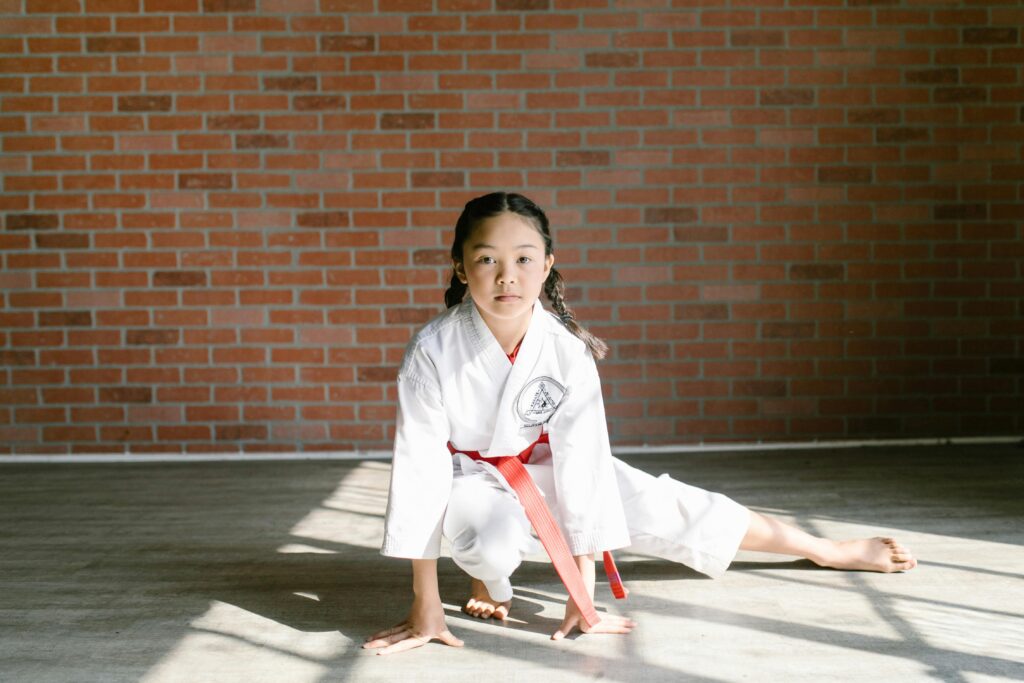Introduction
Ever wonder what separates successful people from the rest? It’s not luck. It’s not just talent either. It’s self-discipline — the quiet force behind every long-term achievement. Whether you want to build a career, get fit, write a book, or start a business, self-discipline is your best ally.
Let’s be real — motivation is great, but it doesn’t last. Discipline does. So, let’s dive deep into how mastering self-discipline can become your ultimate secret weapon.
The Foundation of Self-Discipline
Understanding Willpower
Think of willpower as a mental muscle. It gets tired, but it can also be trained. When you say “no” to that extra cookie or “yes” to a 5 a.m. jog, you’re strengthening that muscle.
Difference Between Motivation and Discipline
Motivation gets you started, but discipline keeps you going. Motivation is the spark. Discipline? It’s the engine. When you’re tired, uninspired, or just not feeling it — discipline shows up.
Common Myths About Self-Discipline
Let’s bust a few myths:
- It’s not about being harsh on yourself.
- You don’t have to be perfect.
- Discipline isn’t boring — it’s freeing.

The Psychology Behind Self-Discipline
How the Brain Reacts to Temptation
Your brain loves rewards. Dopamine spikes when you scroll social media or binge-watch Netflix. But discipline teaches your brain to hold off and chase bigger rewards later.
Habit Formation and Its Role
Habits are the building blocks of discipline. Do something long enough, and it becomes automatic. That’s where real power lies.
The Power of Delayed Gratification
Remember the marshmallow experiment? Kids who waited for two marshmallows instead of eating one immediately had better life outcomes. That’s delayed gratification — and it’s a game changer.
Benefits of Mastering Self-Discipline
Better Mental Health
Less chaos, more control. Discipline reduces anxiety because your life is more structured and predictable.
Enhanced Productivity
You stop wasting time and start getting things done. One disciplined hour beats three distracted ones.
Financial Stability and Career Growth
Disciplined people save more, invest better, and rise faster in their careers. It’s no coincidence.
Key Habits of Self-Disciplined People
Goal Setting and Planning
If you aim at nothing, you’ll hit nothing. Set clear, achievable goals — then crush them one step at a time.
Consistency Over Intensity
Small actions daily beat huge actions rarely. Want to get fit? Daily 20-minute workouts win over one 3-hour session a month.
Time Management Skills
Self-disciplined people plan their time and protect it like gold. They know how to say “no.”

How to Build Self-Discipline From Scratch
Start Small and Stay Committed
Don’t try to change everything overnight. Pick one habit. Stick to it. Win the small battles first.
Track Your Progress
What gets measured gets managed. Use a journal, app, or a simple checklist. See your wins stack up.
Embrace Discomfort
Growth starts where your comfort zone ends. Learn to be okay with “hard” — it’s how you grow.
Overcoming Common Challenges
Dealing with Procrastination
Kill it with action. Count down 5-4-3-2-1 and just start. Action breeds motivation.
Fighting Distractions
Your phone? Airplane mode. Social media? Scheduled time only. You can’t fight distraction while staying inside it.
Managing Emotional Triggers
Learn your patterns. What makes you binge-eat, rage-scroll, or quit early? Recognize, then rewire.
Tools and Techniques to Improve Discipline
The Pomodoro Technique
Work for 25 minutes, rest for 5. Simple. Powerful. Effective.
Using Accountability Systems
A friend, coach, or even a public promise can keep you on track. We perform better when others are watching.
Visualization and Affirmations
See your success. Speak it into reality. These aren’t fluffy — they’re psychological hacks that work.
Real-Life Examples of Self-Discipline
Famous Personalities Who Mastered It
- Elon Musk — works 80–100 hours a week.
- Jocko Willink — wakes up at 4:30 a.m. daily.
- Serena Williams — practices endlessly.
Everyday Heroes and Their Stories
Single moms juggling kids and jobs. Students working night shifts to fund school. These are the real discipline warriors.

Self-Discipline in Different Areas of Life
In Personal Health and Fitness
Showing up at the gym, saying no to junk food — it all adds up.
In Relationships
Discipline helps you listen more, react less, and build stronger connections.
In Work and Business
Deadlines met. Goals crushed. That’s discipline in motion.
How to Maintain Self-Discipline Long-Term
Creating Systems, Not Just Goals
Goals are destinations. Systems are the roads. Focus on the journey — the destination follows.
Regular Self-Review and Adjustments
Life changes. You evolve. So should your plans.
Celebrating Small Wins
Reward yourself. Progress should feel good, not just hard.
What to Avoid
Perfectionism
Progress beats perfection every single time.
Burnout and Overworking
Discipline includes rest. Hustle without burnout is the real win.
Self-Discipline vs. Self-Control
The Key Differences
Self-control is resisting temptation in the moment. Self-discipline is building a life where temptation rarely shows up.
Why You Need Both
Together, they make you unstoppable — control in the moment, discipline for the long haul.
Self-Discipline and Success: The Scientific Connection
Studies That Prove the Link
Research from Stanford, Harvard, and Yale show disciplined people:
- Earn more
- Live longer
- Are happier
Longitudinal Benefits Over Time
One good habit leads to another. The compound effect turns small wins into massive success.
Conclusion
Mastering self-discipline is not about being hard on yourself — it’s about loving your future enough to act today. It’s your personal superpower for long-term success. No matter your background or goals, you have the ability to build it. Start small. Stay consistent. And never forget: success isn’t found in grand moments — it’s built in the quiet, consistent choices no one sees.
FAQs
1. What’s the best way to start developing self-discipline?
Start small. Pick one habit. Stick to it for 21 days. Consistency builds confidence.
2. Can self-discipline be learned or is it innate?
It can absolutely be learned — just like a muscle, it strengthens with use.
3. How long does it take to build real self-discipline?
Depends on the habit, but most studies show 21–66 days to build a lasting habit.
4. What’s the role of routine in maintaining discipline?
Routine removes decision fatigue. It makes discipline automatic.
5. Is self-discipline the same as being strict with yourself?
No — it’s about being intentional, not harsh. It’s loving, not punishing.
Explore More Articles to Empower Your Life
If you found value in learning how to Rewire Your Brain, you’ll love these related articles designed to help you grow and take control of your life:
- Rewire Your Brain: How to Stop Negative Thinking with CBT Techniques
- Overthinking is Killing Your Happiness — Here’s How to Stop It
- How to Build Self Confidence When You Feel Like You’re Not Enough
Check them out to continue your journey toward personal growth and empowerment!

